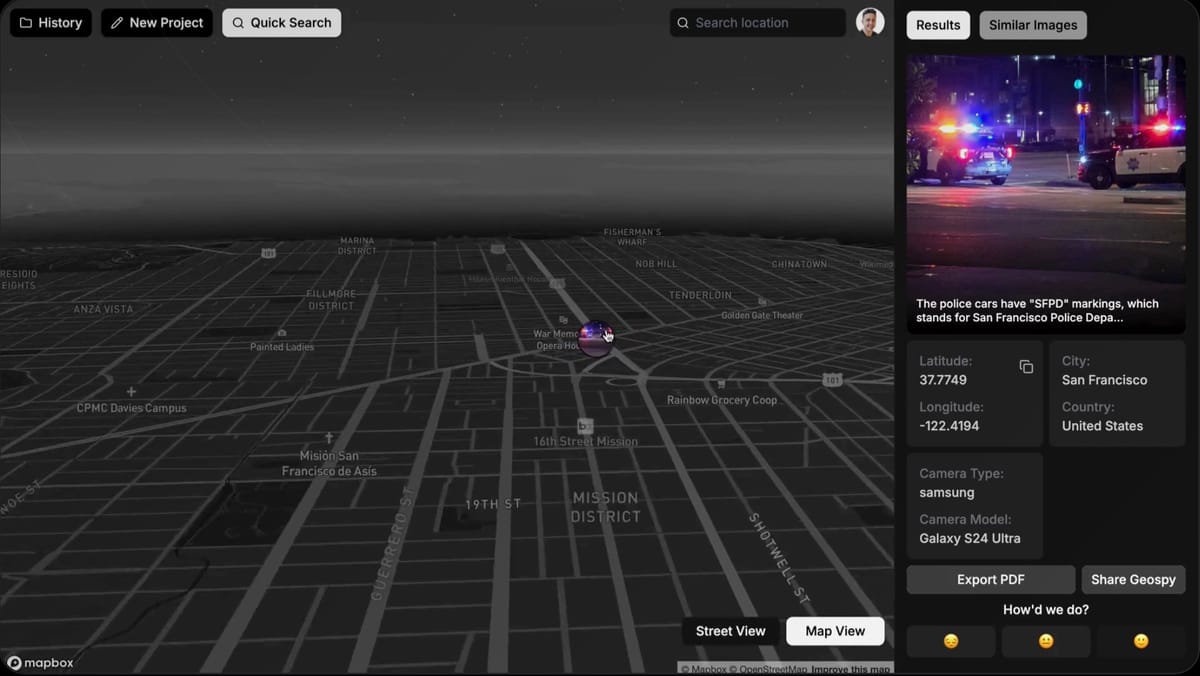

Nobody knows! There’s no specific disclosure that I’m aware of (in the US at least), and even if there was I wouldn’t trust any of these guys to tell the truth about it anyway.
As always, don’t do anything on the Internet that you wouldn’t want the rest of the world to find out about :)



























Not that we have any real info about who collects/uses what when you use the API